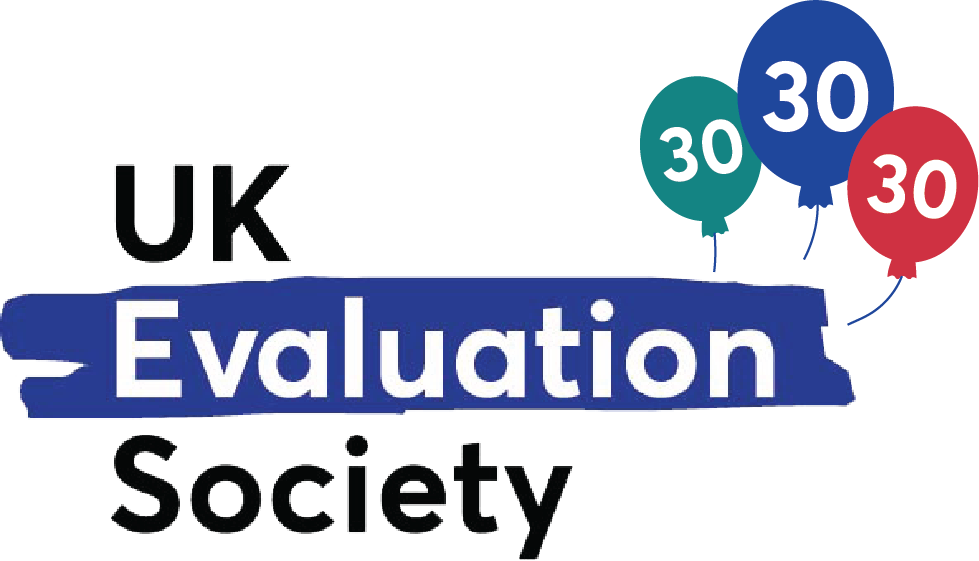5 March 2024
Qualitative Comparative Analysis (QCA)
The UK Evaluation Society is pleased to be working with CECAN Ltd to deliver this training for those working in consultancy, NGOs, Government, academia and other evaluation settings.
This course is an introduction to Qualitative Comparative Analysis (QCA). QCA is a method for the comparative study of cases and is used to analyse qualitative social data systematically. The analysis compares cases by assigning set memberships across a set of attributes.
QCA is particularly good at understanding multiple causation because it is focused on causal recipes (combination of causes) rather than individual variables. This helps with understanding (different) causal pathways in policy evaluation settings.
The course will look at the theoretical and practical aspects of QCA, working through a detailed example using the fsQCA software package to understand crisp and fuzzy set QCA.
This course is intended for those who have some experience of evaluation.
Learning Outcomes
By the end of this course, participants will :
- Understand why and where QCA is a useful method
- Be able to prepare data for use in a QCA
- Develop a basic understanding of the fsQCA software for application for QCA
Tutor
Dr Corinna Elsenbroich is a Reader in Computational Modelling at Glasgow University (MRC/CSO Social & Public
Health Sciences Unit).
Corinna is particularly interested in methodological and epistemological aspects of novel methods, in particular computational methods such as agent-based modelling and social simulation, and has published on aspects of ontology, explanatory power and context validity in
modelling. As a computational modeller she has developed models of dynamic social networks of juvenile delinquency, neighbourhood effects of extortion racketeering and collective reasoning in social dilemma situations.
She is particularly interested in complexity sensitive social science methods, comprising computational, case based and participatory methods. As a co-investigator in the Centre for Evaluation of Complexity Across the Nexus (CECAN) she is involved with developing these methods in
a policy relevant way. She is currently working on how to combine methods through novel research designs.
Access Details:
This course is offered fully online. Access details will be provided after the booking window closes on 15th Jan at 1400 GMT.
If you have any alternative support needs in order to effectively participate in this training, please let us know as before booking or as soon as possible after booking by emailing our team on hello@evaluation.org.uk . We look forward to assisting you in whatever way we can.
Refunds/Cancellations:
Refunds will only be provided for participant cancellations received at least 14 days prior to the event. UKES reserves the right to cancel the event, in which case a full refund would be provided.
Fees
Non-Members £300 + VAT *
Members £250 + VAT *
Student Members* £200 + VAT
Bookings close at 1400 GMT on 4 March.
*Student bursaries available for full-time students at UK institutions. Apply here: https://www.evaluation.org.uk/student-bursaries-for-ukes-training-courses/
